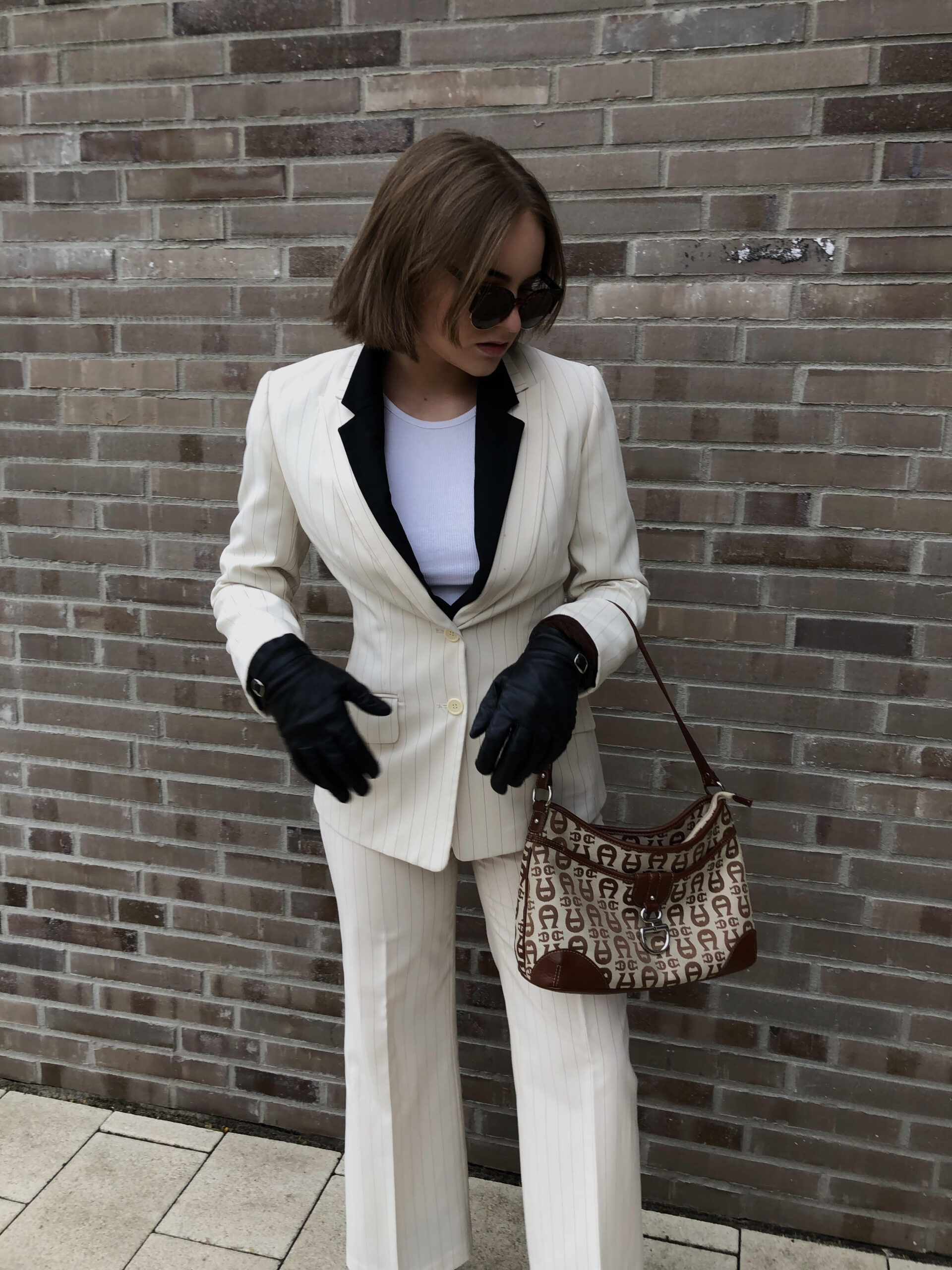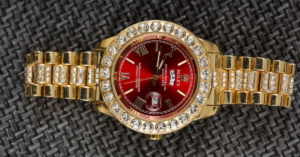Is Moschino a Luxury Brand? Moschino is a fashion brand that has been around since 1983, when the late Franco Moschino founded it. Over the years, Moschino has gained a reputation for its bold, colorful, and playful designs and has collaborated with high-profile celebrities and designers.
The brand has also been associated with luxury retailers and fashion events, leading many to wonder: is Moschino* a luxury brand? In this article, we will explore Moschino’s history, brand image, and criticisms of its luxury status in order to determine whether it can be considered an authentic luxury brand.
Is Moschino a Luxury Brand
Luxury brands are generally known for their high-quality materials, craftsmanship, exclusivity, and prestige. They are often associated with luxury retailers, fashion events, and high-profile collaborations and are perceived as being at the forefront of fashion and design.
In these terms, Moschino can be considered a luxury brand. The brand has a long history in the fashion industry and has established itself as a leader in using bold, colorful, and playful designs. Moschino’s products are made with high-quality materials and craftsmanship and are sold in luxury retailers such as Neiman Marcus and Saks Fifth Avenue. The brand has also been involved in high-profile collaborations and fashion events, further contributing to its prestige and perceived luxury status.
However, Moschino has faced criticism for its association with fast fashion retailers, as well as accusations of cultural appropriation and insensitivity in some of its designs. These controversies have led some to question whether Moschino is truly a luxury brand or if it is simply using the trappings of luxury to sell its products.
Moschino’s history
Moschino is a fashion brand founded in 1983 by the late Franco Moschino in Milan, Italy. Moschino started his career as a fashion illustrator before working as a designer for brands such as Versace and Giorgio Armani. In 1983, he launched his fashion line under the Moschino brand, quickly gaining a reputation for its bold, colorful, and playful designs.
In the brand’s early years, Moschino was known for its irreverent and unconventional approach to fashion. This included incorporating humorous elements and messages into the designs and using unusual materials and prints. Moschino’s clothing and accessories, which included items such as T-shirts, dresses, handbags, and shoes, were popular among young, fashionable consumers.
In the 1990s, Moschino expanded into luxury markets and began to be sold in high-end retailers such as Neiman Marcus and Saks Fifth Avenue. The brand also started collaborating with high-profile celebrities and designers, further cementing its place in the fashion industry. In 1999, Franco Moschino passed away, and Rossella Jardini, his former assistant, took over as the brand’s creative director. Under Jardini’s leadership, Moschino continued to grow and evolve but maintained its signature playful and irreverent style.
Moschino’s brand image

Moschino is known for its bold, colorful, playful designs, often incorporating humorous elements and messages. The brand’s clothing and accessories, including T-shirts, dresses, handbags, and shoes, are often adorned with slogans, graphic prints, and unusual materials. Moschino’s signature style has made it a favorite among young, fashionable consumers and helped establish its distinct image.
In addition to its distinctive designs, Moschino has also gained a reputation for collaborating with high-profile celebrities and designers. These collaborations have included limited edition collections and capsule ranges, which have helped to raise the brand’s profile and increase its appeal to a broader audience.
Moschino has also been associated with luxury retailers and fashion events, further contributing to its perceived luxury status. The brand’s products are sold in high-end retailers such as Neiman Marcus and Saks Fifth Avenue. Moschino has regularly participated in fashion weeks and other high-profile events. These factors, combined with the brand’s unique and recognizable style, have helped establish Moschino’s luxury brand image.
Criticisms of Moschino’s luxury status
While Moschino has established itself as a luxury brand in the fashion industry, it has faced criticism for its perceived status as a luxury brand. Some have argued that the brand’s association with fast fashion retailers like H&M and Target undermines its luxury status. These collaborations, including limited edition collections and capsule ranges, have made Moschino’s products more accessible to a broader audience and led to comparisons to fast fashion brands.
In addition, Moschino has faced accusations of cultural appropriation and insensitivity in some of its designs. For example, the brand has been criticized for using Native American-inspired motifs and imagery in its collections and for using traditional African patterns and fabrics in a way that some have deemed inappropriate. These controversies have led some to question whether Moschino is truly a luxury brand or simply using the trappings of luxury to sell its products.
While Moschino’s unique and recognizable style has helped establish its image as a luxury brand, these criticisms highlight the challenges it faces in maintaining its luxury status.
What is the difference between Moschino and Love Moschino?

Love Moschino is a diffusion line of the Moschino* brand launched in the 1990s. The bar is known for its more casual and accessible styles and targets a younger, trend-conscious audience. Love Moschino includes a range of clothing and accessories, such as T-shirts, jeans, jackets, and bags, often adorned with the brand’s signature heart logo. The line is sold in a broader range of retailers, including department stores and specialty stores, alongside the main Moschino line in luxury retailers.
Why is Moschino so popular?
Several factors have contributed to Moschino’s popularity. One of the main reasons is the brand’s distinctive and recognizable style. Moschino is known for its bold, colorful, playful designs, often incorporating humorous elements and messages. This unique and eye-catching aesthetic has helped to make the brand stand out in the fashion industry and has attracted a loyal following among young, fashionable consumers.
In addition to its unique style, Moschino* has gained popularity through its collaborations with high-profile celebrities and designers. The brand has collaborated with several stars, including Lady Gaga, Madonna, and Kate Moss, and has been featured in music videos, movies, and television shows. These collaborations, including limited edition collections and capsule ranges, have helped raise the brand’s profile and appeal to a wider audience.
Moschino’s association with luxury retailers and fashion events has also increased its popularity. The brand’s products are sold in high-end retailers such as Neiman Marcus and Saks Fifth Avenue. Moschino has regularly participated in fashion weeks and other high-profile events. This has helped further to establish Moschino’s image as a luxury brand and has attracted consumers who are looking for high-quality, prestigious products.
*Disclosure: We only recommend products we would use ourselves and all opinions expressed here are our own. This post may contain affiliate links that we may earn a small commission at no additional cost to you.
If you liked this blog article about the question: “Is Moschino a Luxury Brand”, don’t forget to follow us on Pinterest so you don’t miss any more fashion and beauty news.





